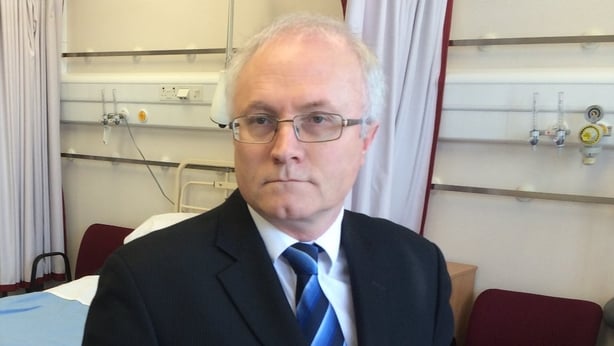During any general election campaign, unexpected issues can always arise in health.
Personal patient experiences tend to receive particular coverage and there is always a danger that some cases may be manipulated for maximum political impact.
But, for the most part, some key issues tend to dominate the debate.
These are emergency department overcrowding, waiting lists, access to medical cards and the cost of medicines for individuals, writes Fergal Bowers, RTÉ Health Correspondent.
The current political face of health is Minister Leo Varadkar, so the public perception of his performance since his appointment in July 2014 will be a factor.
Health issues are also of great concern to older people, who may have reason to interact with the health service more often as they age.
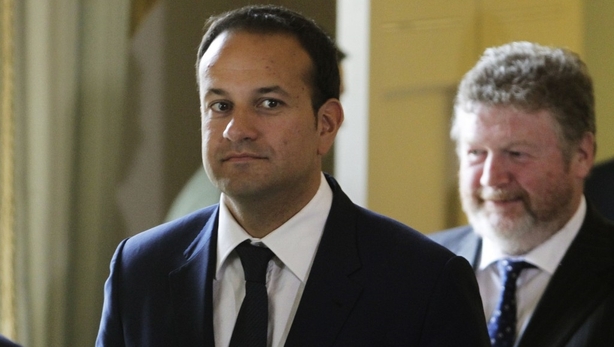
Older people are also a committed group when it comes to casting their vote.
Access to nursing home beds and any change in the contributions people may have to make towards the Fair Deal scheme in the future will be debating points.
But no party, this side of an election, is likely to commit to increasing the contributions older people will have to make for a nursing home bed.
With over 100,000 people working in the health system, staffing is also a major issue, in particular retaining doctors and nurses.
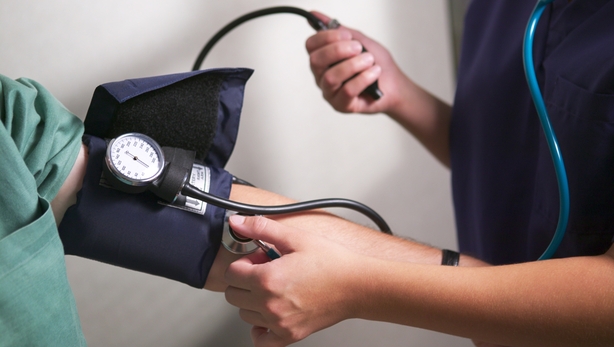
Staff, their families and friends are also a big voting group.
At most times, health service staff, doctors, nurses, midwives and others are very vocal and the noise level from this quarter can be expected to rise when the election campaign gets into full swing.
Emergency department nurses were first off the mark recently in this regard.
The Government has frozen public hospital charges, the prescription charge and the amount families must pay each month for prescription drugs, before the State takes over the cost.
This year, given the extra funding and initiatives put into tackling emergency department overcrowding, the Minister for Health and the HSE will be hoping that the situation will be no worse than last year.
There will be relief that emergency department nurses have accepted the latest deal hammered out at the Workplace Relations Commission and there will be no rolling strikes in the lead-in to a General Election.
The weeks leading up to the General Election will be crucial, as these are the ones that traditionally see a surge in emergency department attendances.
A very cold winter or an influenza outbreak could have a big impact on those plans.
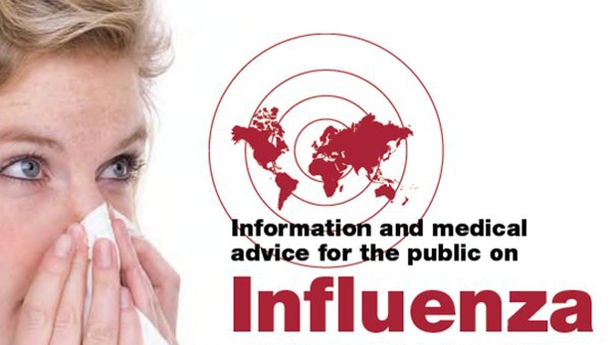
Recent emergency department initiatives are having some impact but will this last?
Local politics is also very important at election time. So that means the future of smaller hospitals, especially their emergency departments and major acute services, will be under the microscope with cast-iron commitments sought.
The Government will point to free GP care for the under-sixes and for the over-70s as part of its achievements.
It also wants to extend this to free GP care for those under 12 years during 2016.
With the increase in employment, it is expected that 50,000 fewer medical cards will be issued this year, but that figure could be much higher.
Many will have welcomed free GP care, but the cost of medicines is still a big pressure on families.
Those without a medical card have to pay up to €144 a month before the State covers the balance under the Drugs Payment Scheme.
GPs say that this financial pressure can mean some patients foregoing some of their medicines, or delaying visiting their family doctor.
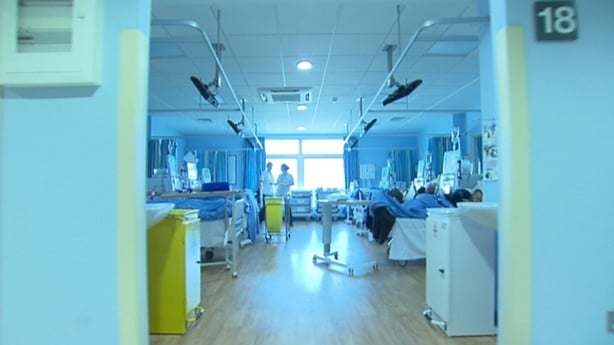
Some drug costs have fallen with price referencing and generic substitution.
The Government has committed to abolishing the HSE within two or three years, so there will be interest in what all parties plan to do in this regard.
Also, with the scrapping of the proposed plan for Universal Health Insurance (UHI), the two-tier system remains for the foreseeable future.
The public will want to know in detail how the various parties propose to bring greater equity to the health system - something promised by many governments over the years but yet to be delivered.
Part of the fallout from the ditching of UHI is that the existing private health insurance model remains for now.
The Government committed to stabilising the cost of health insurance. However, prices continue to rise but perhaps not at the levels of recent years.
When all of the party manifestos on health are on the table, we will put them under the microscope.
By Fergal Bowers, RTÉ Health Correspondent
